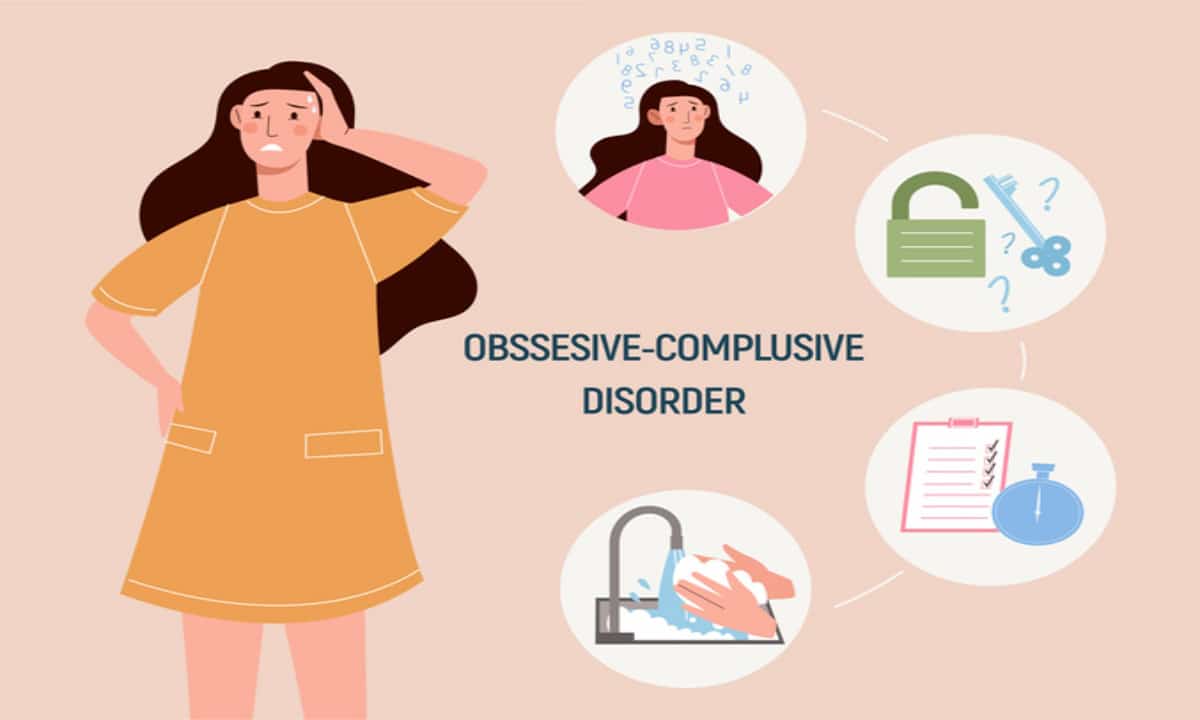
Psychiatric Management of Anxiety
March 22, 2023
Break Free From Negative Automatic Thoughts
September 7, 2023Obsessive Compulsive Disorder

Obsessive Compulsive Disorder (OCD) is a mental disorder characterized by the presence of unwanted, intrusive thoughts or obsessions that lead to repetitive behaviors or compulsions. These obsessions can range from fear of contamination, fear of causing harm to oneself or others, fear of losing control, fear of symmetry, or fear of taboo thoughts.
OCD can be a debilitating condition that can significantly impact a person’s quality of life. Many people with OCD spend hours each day engaging in repetitive behaviors, such as washing their hands, checking locks, or counting objects, in an attempt to alleviate their anxiety caused by their obsessions.
The exact cause of OCD is unknown, but it is believed to be related to both genetic and environmental factors. Research has shown that certain brain abnormalities and imbalances in neurotransmitters, such as serotonin and dopamine, may play a role in the development of OCD.
It is essential to note that everyone experiences intrusive thoughts at some point in their life, but individuals with OCD have difficulty controlling them. These thoughts can cause intense anxiety and distress, leading to the development of compulsive behaviors as a coping mechanism.
Treatment for OCD typically involves a combination of medication and therapy. Antidepressants such as selective serotonin reuptake inhibitors (SSRIs) have been shown to be effective in reducing symptoms of OCD by altering neurotransmitter levels. Cognitive-behavioral therapy (CBT) is another common form of treatment that focuses on changing negative thought patterns and helping individuals develop coping mechanisms to manage their obsessions.
Living with OCD can be challenging, but there are things individuals can do to manage their symptoms. Developing a routine and structure can help reduce anxiety and provide a sense of control. Finding healthy coping mechanisms such as exercise, meditation, or creative outlets can also be beneficial in reducing stress levels.
It is important to seek help if you or someone you know is experiencing symptoms of OCD. With the right treatment and support, individuals with OCD can learn to manage their symptoms and improve their quality of life. Remember, seeking help is a sign of strength, and no one has to suffer alone.




